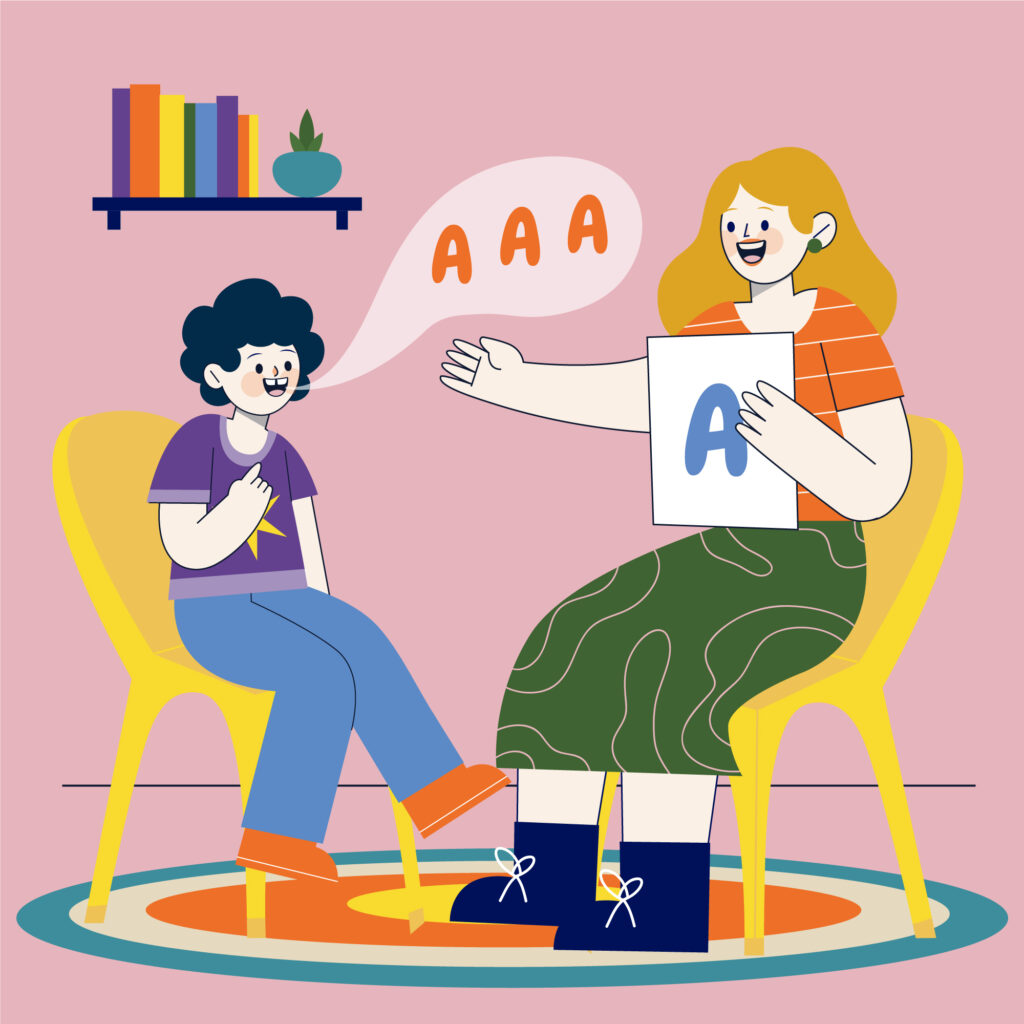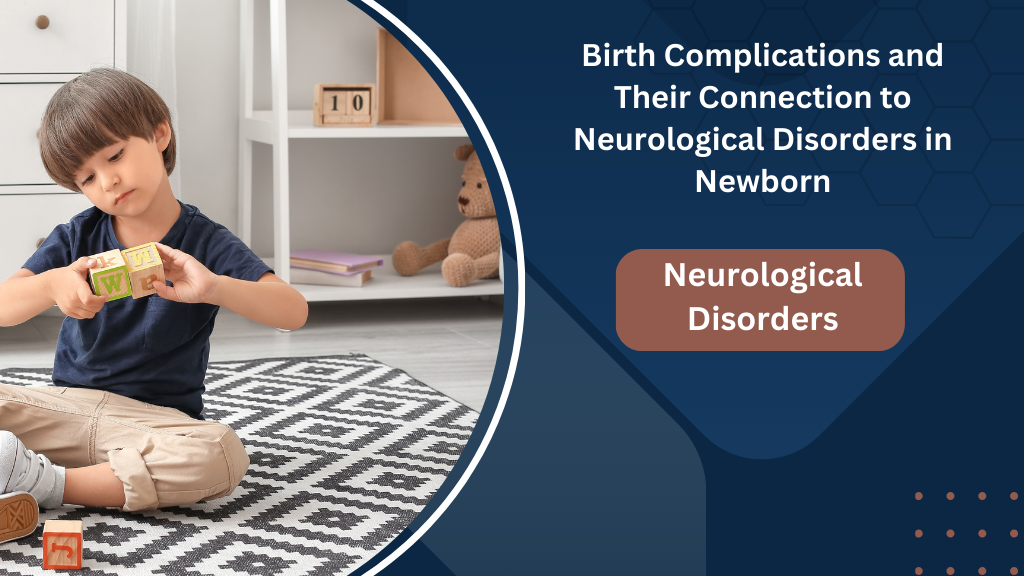Toddler not talking yet? Here’s what to track before you panic

As parents, we eagerly anticipate our little ones’ first words. When your toddler isn’t hitting the speech milestones you expect, it’s natural to feel a wave of concern. At Kids Neuro Clinic, we understand these anxieties.
While early intervention is crucial when truly needed, it’s also essential to avoid unnecessary panic. Unsure about your toddler’s speech development? This blog helps you know what to check before you panic.
It’s important to remember that children develop at their own pace. However, there are general guidelines for language development.
We’ll touch upon what might be expected at different ages like a 19-month-old not talking or a 3-year-old not talking, and help you discern what warrants closer attention versus what might just be a developmental variation.
Understanding typical language development
Before diving into what to track, let’s briefly outline typical language milestones:
- By 12 months: Most babies say their first single words (like “mama,” “dada,” “ball”). They also use gestures like pointing and waving.
- By 18 months: Toddlers typically have a vocabulary of around 20 words and start combining two words (like “more juice”).
- By age 2: Most children have a vocabulary of at least 50 words and regularly use two-word phrases. You might be wondering, “Why is my 2-year-old not talking?” If a child has very few or no words at this age, it’s worth monitoring closely.
- By 3 years old: Children usually have a vocabulary of several hundred words and can use longer sentences.
If you have a “3-year-old not talking but babbling,” this discrepancy between the lack of meaningful words and the presence of sounds is something to note.
By this age, speech should be becoming clearer, addressing the question, “What age should a child start talking clearly?” While clarity improves over time, by three, they should be understood a good portion of the time.
What to track before you panic?
If your toddler isn’t talking as much as you expect, focus on observing and tracking these key areas:
1- Understanding (Receptive language): This is often a precursor to expressive language (talking). Does your child:
- Follow simple one-step directions (“Give me the ball”).
- Point to familiar objects when named (“Where’s your nose?”)
- Understand simple questions (“Do you want more?”)
- Respond to the names of known people and everyday items.
This can be a positive sign if your child understands much of what you say, even if they aren’t talking much. The scenario of a “3-year-old not talking but understanding” suggests a potential expressive language delay rather than a broader communication issue.
2- Communication attempts (Even without words): Language isn’t just about spoken words. How else does your child try to communicate? Do they:
- Point to things they want?
- Pull you towards something?
- Use gestures like waving, nodding, or shaking their head.
- Make eye contact to communicate.
- Use different tones or sounds to express different needs.
These non-verbal communication attempts are crucial indicators your child wants to communicate, even if they aren’t using many words yet.
3- Babbling and sound play: Is your child making a variety of sounds? For a “3-year-old not talking, but babbling,” observe the complexity and variety of the babbled sounds.
Are they experimenting with different consonant-vowel combinations? While babbling alone isn’t the same as using meaningful words, it shows an interest in and exploration of sounds that are the building blocks of speech.
4- Social interaction: How does your child interact with you and others? Do they:
- Show interest in playing with you?
- Respond to their name.
- Engage in back-and-forth play (even without talking)?
- Smile and make eye contact during interactions?
Social engagement is closely linked to language development. Children learn language through interaction.
5- Regression: Has your child previously used more words and now seems to be talking less? “Regression in toddlers” can be a red flag and warrants prompt attention from a specialist. If you’ve noticed your “2-year-old not talking” used to say more words, seeking professional advice is essential.
When to seek professional advice?
While tracking these areas can help ease initial anxieties, there are times when professional evaluation is necessary. You should consider seeking advice from a pediatrician or a child development specialist at Kids Neuro Clinic if you observe any of the following:
- No words by 18 months.
- Minimal vocabulary (less than 50 words) by 2 years old.
- No use of two-word phrases by 2-year-olds.
- Regression in language skills at any age.
- Lack of response to their name.
- Limited or no attempts to communicate non-verbally.
- Concerns about their understanding of language.
For parents of a “2-year-old not talking,” it’s wise to schedule a developmental screening to rule out any underlying issues. Similarly, if your “19-month-old not talking” shows very few communicative attempts or doesn’t seem to understand simple instructions, it’s worth discussing with your pediatrician.
What happens next?
If a professional evaluation is recommended, it might involve assessments of your child’s:
- Speech and language skills
- Hearing
- Overall development
Early intervention, if needed, can make a significant difference. Therapies can help children develop their communication skills and catch up developmentally.
At Kids Neuro Clinic, we're here to help
Seeing your toddler not talk when you expect can be worrying. By tracking the areas outlined above, you can better understand your child’s overall communication development. Remember, every child is unique, but being informed empowers you to seek support when necessary.
If you have any concerns about your child’s speech and language development, don’t hesitate to contact the experts at Kids Neuro Clinic. We provide guidance, assessment, and support to help your child thrive.
Are you worried about your toddler’s speech? Contact Kids Neuro Clinic today for a consultation.
About kidsneuro
Kids Neuro Clinic, based in Dubai, is one of the UAE’s leading pediatric neuroscience centers, offering expert care for infants, children, and adolescents with neurological, developmental, behavioral, and psychological disorders. Our multidisciplinary team includes top-trained pediatric neurologists, psychologists, and developmental specialists from renowned institutions in the UK, Europe, and the USA, serving families across the UAE and GCC.



